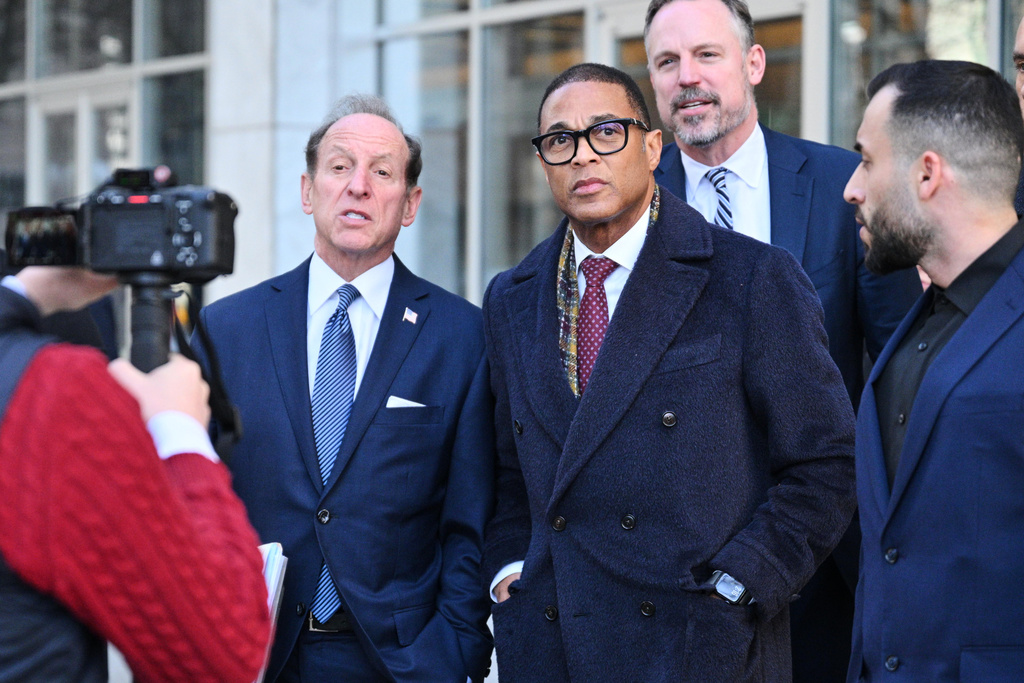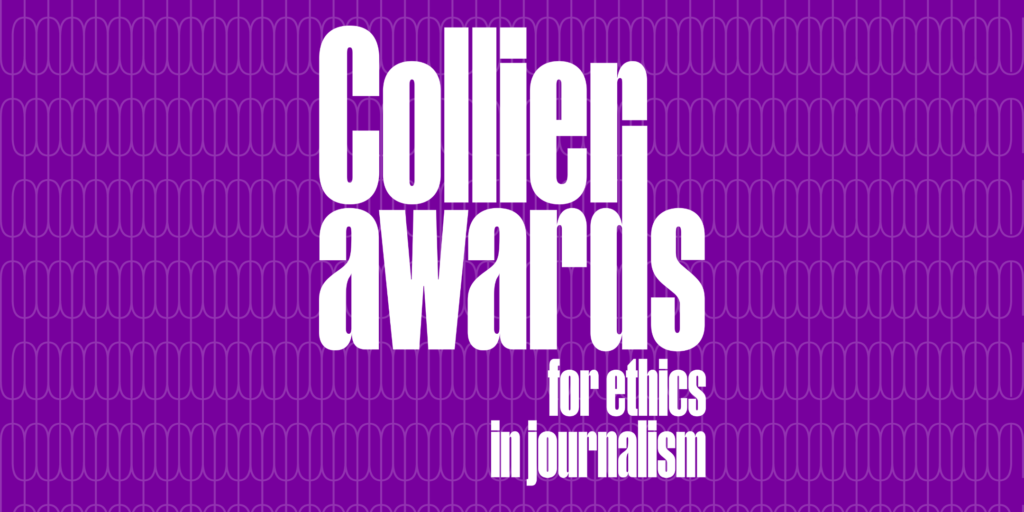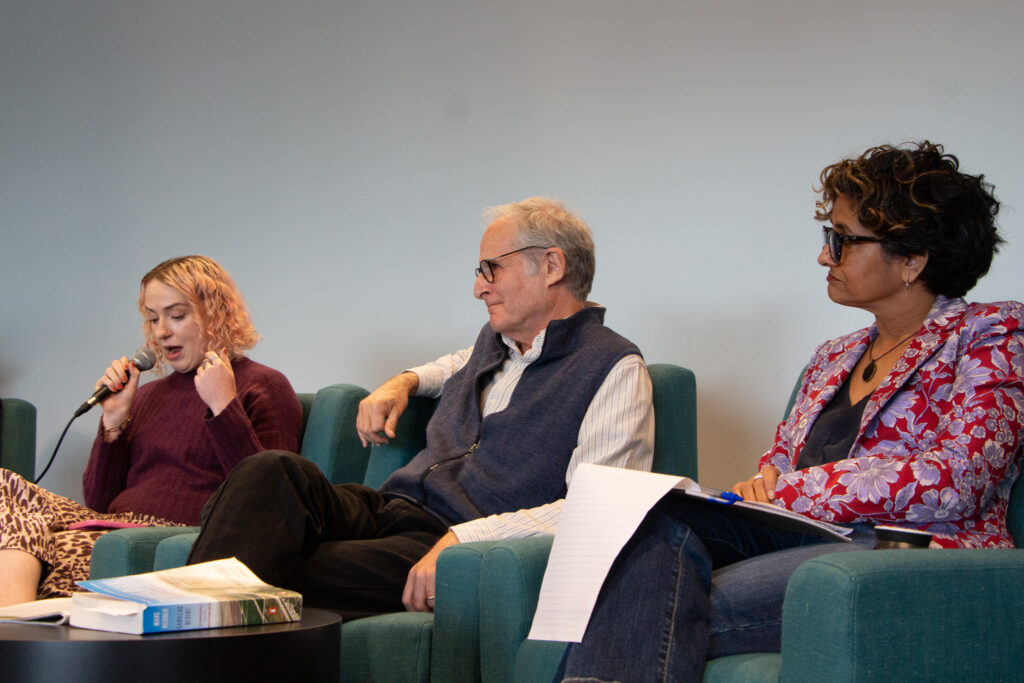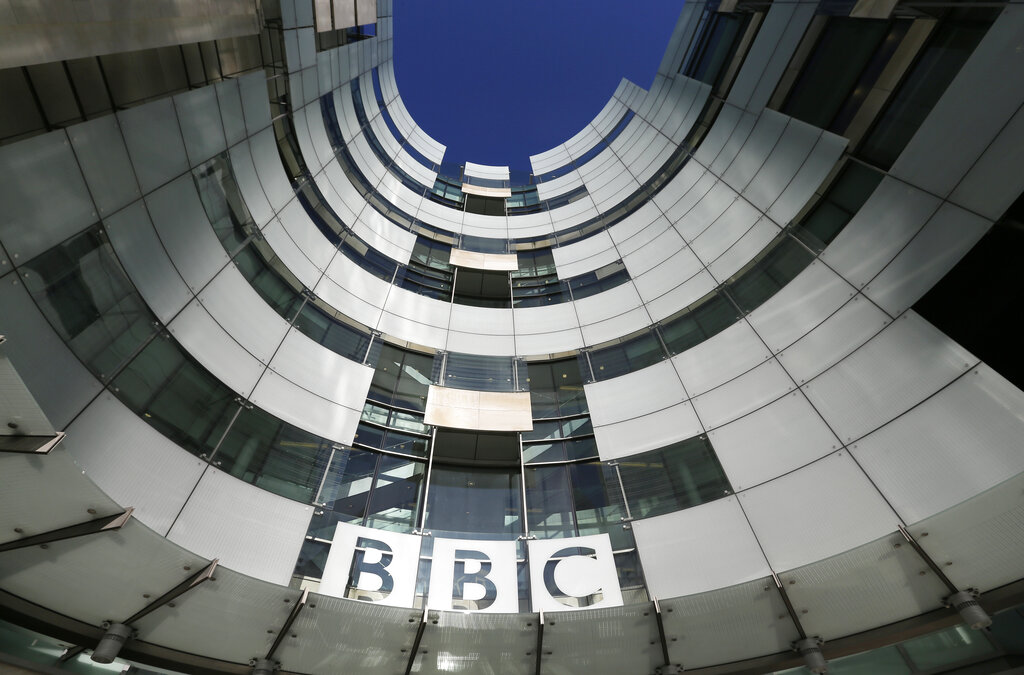Q&A: Stars and Stripes Ombudsman Is Fighting for the News Site’s Independence
The ombudsman of the military news organization Stars and Stripes wrote an extraordinary op-ed this month, calling on Stripes’ readers to help its journalists preserve the outlet’s editorial independence from the U.S. Department of Defense. We asked her what readers and journalists should know.










